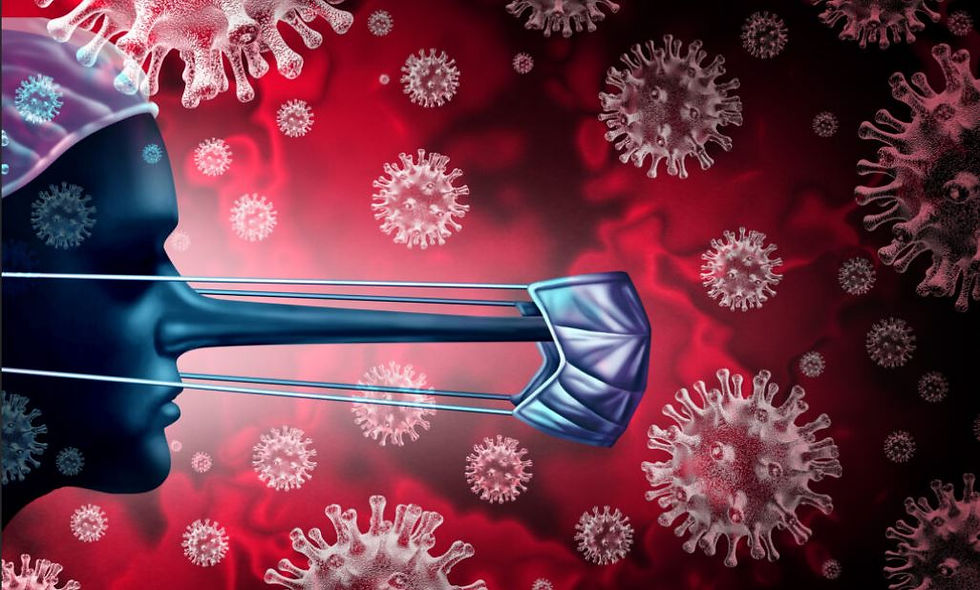Alternatives to prison for people with active addictions
- Arnaldo Cruz Igartua

- May 23, 2021
- 3 min read
Updated: Jul 16, 2021
A prison costs more than any evidence-based treatment for addictions with no or very low rehabilitation benefit (30-50 thousand dollars a year). Portugal is one of the nations that has implemented harm reduction policies in Europe e. Contrary to what is said in the media: Portugal has not legalized controlled substances, but rather they do not imprison the sick (“decriminalization”). De-criminalizing is an Anglicism derived from “decriminalize” and is not synonymous with legalizing or decriminalizing. They do not imprison substance users but large traffickers (specifying the precise maximum amount of each substance they possess to be treated as criminals). Users with low amounts of drugs (they measure exactly the limits of each substance) are treated as an administrative offense and not a criminal one. This name of "decriminalization" is confusing the media with legalization and that produces a normalization effect promoting the use of substances. We recommend using health terminology as screening and brief interventions and referral ("SBIRT", referral to treatment or to justice system if a criminal)
In Portugal, drug use remains illegal, harmful, and unwanted and should not be perceived simply as an individual's private choice, as it has social consequences. Portuguese policy is not about giving the green light to drug use, but about reducing the harm, stopping senseless punishment and achieving better control over the problem of substance use and illnesses. Failure to incarcerate for possessing low amounts of addiction controlled substances will reduce harm only if accompanied by a professional evaluation of those who possess them and if they are educated to help dissuade them from using them or accepting treatment if necessary.
Portugal has prevention and education programs for vulnerable populations; scientific treatment of the sick; harm reduction and programs to reintegrate people rehabilitated from addictions into society. Young people are "bombarded" with information about the negative outcomes of drug use in schools, health clinics, sports and recreation centers, and popular cultural events. Treatment programs (called TAIPAS) provide comprehensive care at different stages and levels of treatment. TAIPAS has three interdisciplinary teams of psychiatrists, psychologists, and social workers, and offers consultation, treatment, psychotherapy, and methadone. When rehabilitating, the government pays one to two years to the industries some scholarships so that they can employ them and facilitates them access to subsidized housing.
The Ministry of Health (not the Ministry of Justice) created Commissions for the Deterrence of Drug Abuse made up of three people nominated by the Ministries of Health and Justice. The member appointed by the Ministry of Justice has to be a legal expert, the other two are usually a health professional and social worker and are supported by a team of psychologists, sociologists, and social workers. When drug users are arrested, the police record their data, confiscate the drug, and release the person subject to the requirement of attending a Deterrence Commission.
If a person who committed a substance offense does not attend the Deterrence Commission, an administrative sanction can be applied in the absence of it, such as a fine, the revocation of a driver's license or a license to carry firearms. Failure to comply with an administrative sanction constitutes a criminal offense for disobedience and can be referred to a court. A meeting with a Deterrence Commission is not supposed to entail the same trauma as a court trial and seeks to avoid causing social stigma to participants. Indeed, substance users interviewed for studies conducted in Portugal described being much less afraid of appearing before a commission than they had been when they appeared in court under the old system.
The USA had implemented with success a rehabilitative help from "Drug Courts" that helps to maintain on treatment the patients for the necessary time needed for rehabilitation (see movie bellow).
Reference: Drug Policy in Portugal; The benefits of Decriminalization of Drug Use; Lessons for Drug Policy Series June 2011.




Comments